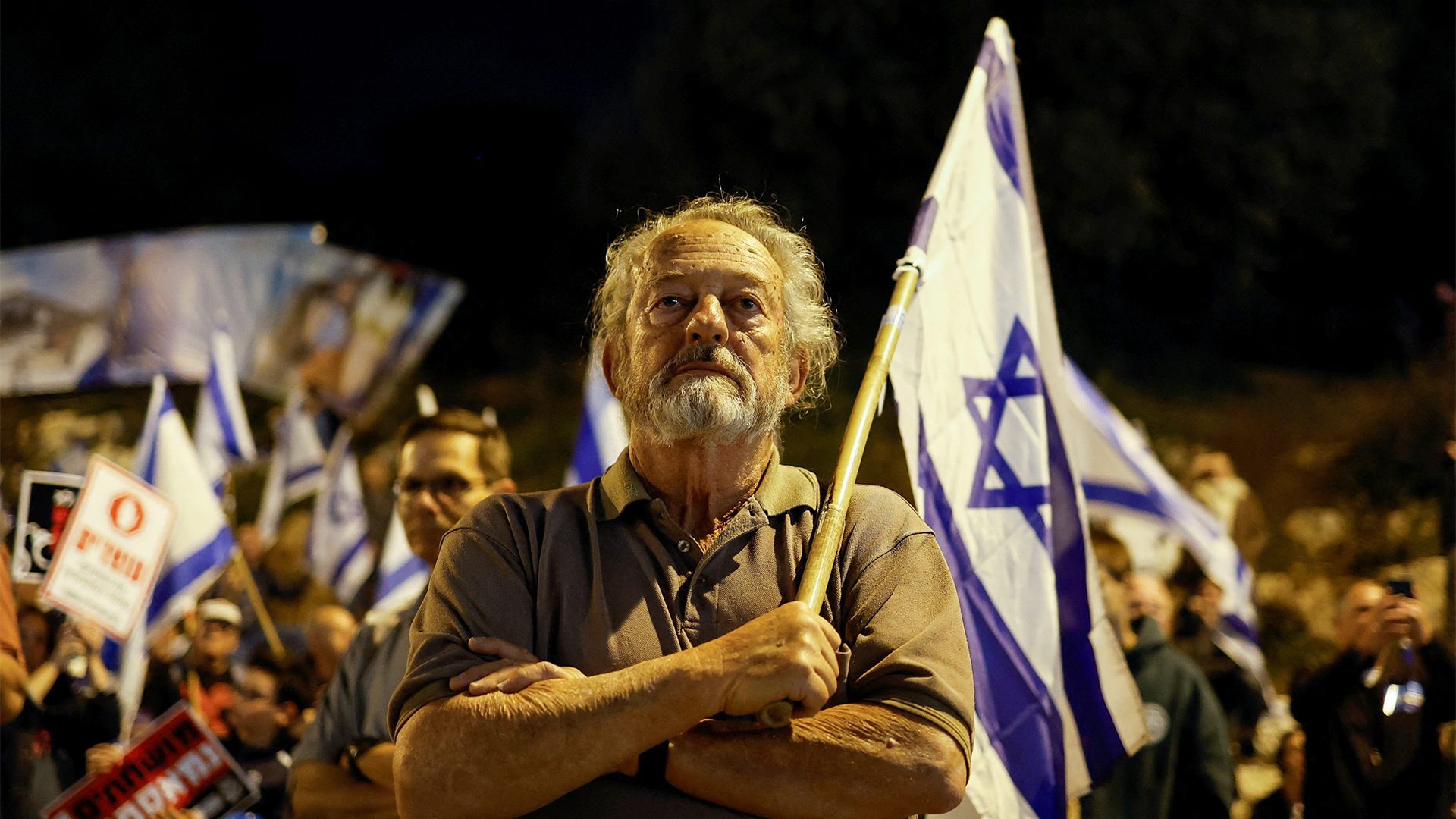The ink of the Aqaba meeting had hardly dried when dozens of settlers, under the protection of the occupation forces, stormed the town of Hawara in the West Bank, setting fire to the property of its Palestinian people.
Will these understandings succeed in reducing the level of tension, or will it exacerbate the situation and plunge the region into a new cycle of violence?
However, these attacks were not the first violation of the results of the Aqaba meeting, as they were preceded by the government of Benjamin Netanyahu's disavowal of the commitment to freeze the construction of units and outposts.
As for the sponsoring parties, the meeting is just a beginning that will require a lot of work during the coming weeks and months through security coordination between the Israeli and Palestinian sides, to achieve its stated goals of de-escalation and preventing further violence.
In the eyes of many Palestinians, the agreement is no different from other previous agreements, and its real goal is to liquidate the escalating Palestinian resistance in the West Bank for fear of it developing into a third intifada.
Understandings, not agreements
Clarifying the goals of the agreement, Ibrahim Freihat, Professor of International Conflicts at the Doha Institute for Graduate Studies, said - in his interview with the "Scenarios" program (2/3/2023) - that what happened in Aqaba was reaching understandings regarding reducing security tension by the two sides and continuing coordination between them. An understanding was reached regarding the necessity of halting new permits for settlements and not stopping settlement activity, considering that Netanyahu's statements do not contradict these understandings.
He also stressed that the agreements are always followed by practical steps, while the understandings limit their limits when setting a vision for the next stage and what can only be done.
And he considered that the plan drawn up by US General Mike Fenzel was also consistent with the understandings that were reached, but he indicated that this plan is purely security and lacks a political horizon.
The truth behind the escalation
Regarding the pillars of the agreement, the director of the Masarat Center for Policy Research, Hani Al-Masri, said that the meeting’s approach was fundamentally wrong, because the escalation was not due to the presence of Palestinian resistance factions that the PA could not control, but rather that the main reason is the killings carried out by the Israeli occupation. Home demolitions, arrests and attacks on Al-Aqsa Mosque, as well as the imposition of racist laws against Palestinians.
He also indicated that one of the reasons for the escalation is also the shift of the Israeli government’s discourse from managing the conflict and reducing it to the discourse of Israeli sovereignty over its entire land within the program of annexation, Judaization and displacement, indicating that the approval of the Palestinian Authority to enter this meeting without prior Israeli commitments made it persist and raise the intensity of escalation. .
On the American level, the former US State Department spokesman, B.J. Crowley, explained that the Aqaba consensus was limited and was not aimed at resolving the conflict radically. To bridge the bridges of dialogue between the Palestinian and Israeli sides.
agreement as before
In light of a declared American rejection of the Netanyahu government's policies against the Palestinians and a large and growing popular opposition to his government's policies, the Aqaba meeting came, which was promoted as a sign of a breakthrough, but it quickly became clear that it was just an agreement like its predecessors.
And while the American declared goal of the Aqaba meeting was to find a formula to stop the escalation in the West Bank, the positions that followed the meeting warn of the difficulty of achieving this.
It is noteworthy that the results of the meeting included an Israeli commitment to stop discussing the establishment of any new settlement units for a period of 4 months, and to stop approving any new settlement outposts for a period of 6 months.
However, Netanyahu himself later stated that settlement construction and the legalization of outposts in the West Bank would continue without any change.
Despite the Palestinian Authority's denial by Hussein al-Sheikh, head of the authority's delegation at the Aqaba meeting, of the existence of an American security plan, there was much talk circulated by the Hebrew media about an American security plan by General Mike Wenzel, coordinator of security affairs at the American embassy in Israel.

